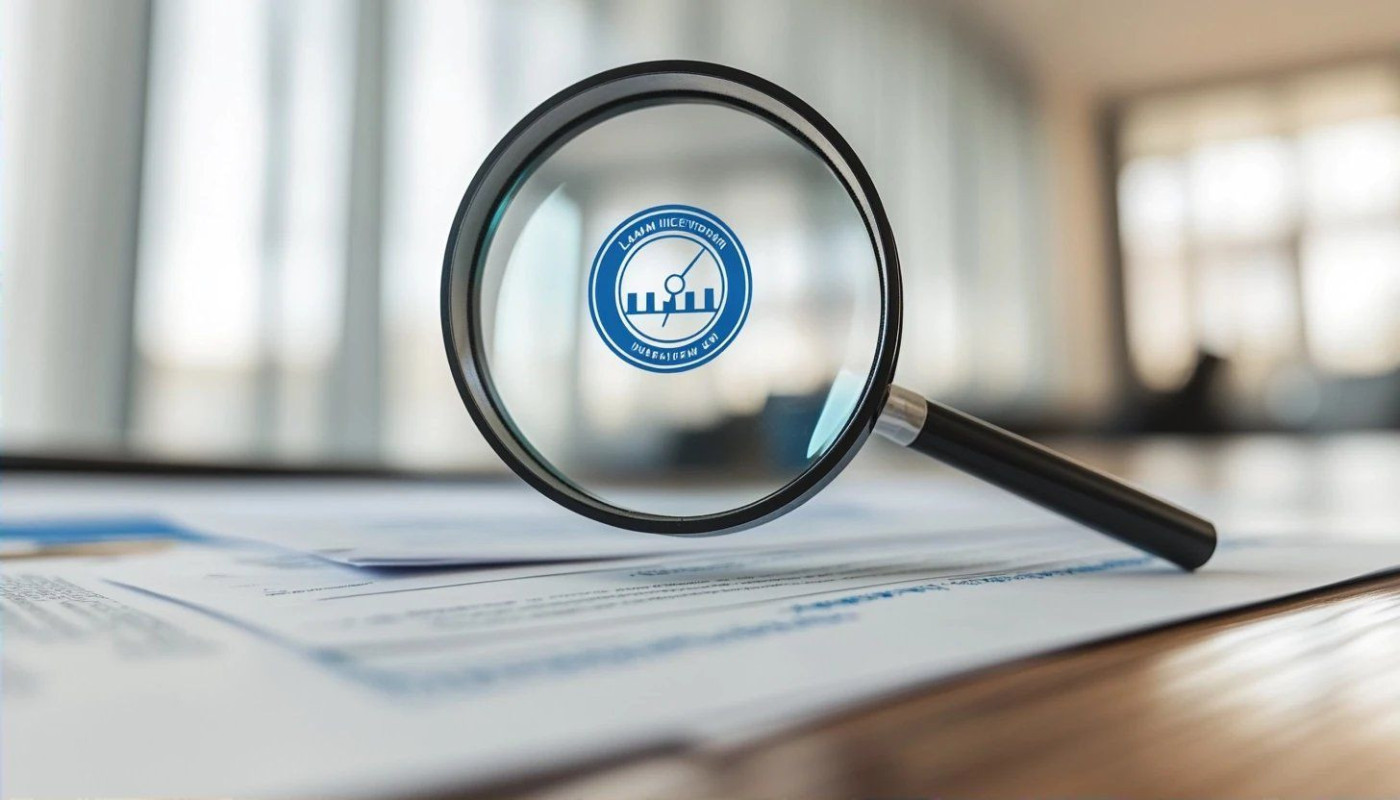Table of contents
In today’s fast-evolving business landscape, clear identification and accountability have become top priorities. Understanding how a Legal Entity Identifier (LEI) can enhance transparency is key for organizations aiming to build trust and streamline operations. Delve into the sections below to learn why obtaining an LEI is vital for any business seeking to thrive in the global marketplace and foster confidence among partners and regulators alike.
What is a legal entity identifier?
A legal entity identifier (LEI) is a unique identification tool adopted globally for legally distinct organizations participating in financial transactions. The LEI code consists of a 20-character alphanumeric code, meaning it combines both letters and numbers to distinctly represent each entity. This global standard streamlines reporting, enabling regulatory bodies and market participants to identify counterparties with accuracy. An alphanumeric code, in this context, is engineered to guarantee that no two entities worldwide can share the same identifier, thus eliminating confusion across jurisdictions. Implementing the legal entity identifier fosters higher levels of clarity and trust in international commerce, as transparency in identifying organizations significantly improves the integrity and security of financial markets everywhere.
Enhancing business transparency
Acquiring a Legal Entity Identifier (LEI) significantly strengthens business transparency by enabling stakeholders to swiftly perform entity verification before entering any transaction. The LEI system provides a unique identification code for each organization, which is accessible via a public database. This open access allows stakeholders to confirm organizational details efficiently, ensuring stakeholder trust and reducing the risk of fraud or misrepresentation. Regulatory compliance efforts become more seamless, as authorities and partners can easily cross-check information, facilitating a smoother due diligence process. The chief compliance officer highlights that with the streamlined access to the LEI public database, ambiguity in identifying counterparties diminishes, supporting a transparent and reliable business environment that benefits all involved parties.
Supporting regulatory compliance
Obtaining a Legal Entity Identifier (LEI) is pivotal in supporting businesses to navigate the intricate landscape of global regulatory frameworks, especially within financial markets where transparency is highly prioritized. LEIs streamline regulatory reporting by providing a unique identifier for each entity, which simplifies data aggregation and reduces errors in compliance requirements. This uniform identification is mandated by numerous jurisdictions for trading, investment, and financial transaction reporting, ensuring entities can be distinctly traced throughout the regulatory framework. Utilizing an LEI also enhances risk management by making counterparty identification clearer, allowing for more accurate evaluation and mitigation of systemic risks. For chief compliance officers, the use of LEIs supports the establishment of a robust audit trail, ensuring all transactions are easily traceable and verifiable for both internal and external audits. As a practical example, businesses can efficiently obtain their lei number through specialized platforms such as lei number, facilitating ongoing compliance and transparency across cross-border operations.
Reducing fraud and operational risk
Obtaining a Legal Entity Identifier (LEI) significantly enhances fraud prevention and operational risk management by providing robust counterparty identification in financial transactions. An LEI serves as a unique, globally recognized code that verifies the identity of legal entities, ensuring every party involved is authentic and traceable. This precise identification process supports transaction security by making it more difficult for fraudulent actors to mask their identity or conduct illicit activities. A chief compliance officer would describe counterparty due diligence as the comprehensive process of assessing, verifying, and monitoring the identity and legitimacy of entities before entering into business agreements. Implementing LEIs streamlines this due diligence, allowing organizations to quickly validate counterparties and confidently engage in transactions. As a result, LEIs are a powerful tool for risk mitigation, reducing the likelihood of financial crime and operational disruptions, and offering a secure framework for safeguarding business interests in an increasingly complex global marketplace.
Facilitating global business integration
Adopting Legal Entity Identifiers (LEIs) significantly streamlines global integration by enabling businesses to participate confidently in international markets and diverse business networks. LEIs function as unique identification codes, ensuring data consistency across multiple jurisdictions, which is essential to reducing ambiguity in cross-border transactions. The chief compliance officer should explain that interoperability refers to the capacity of different systems and organizations to exchange and interpret data seamlessly. LEIs foster interoperability by standardizing entity identification globally, allowing regulators, financial institutions, and partners to verify counterparties instantly and accurately. This standardization removes barriers to cross-border transactions, facilitating transparency and efficiency in collaborations between enterprises worldwide. As a result, LEIs empower organizations to operate with greater trust and security within the interconnected landscape of international commerce.





